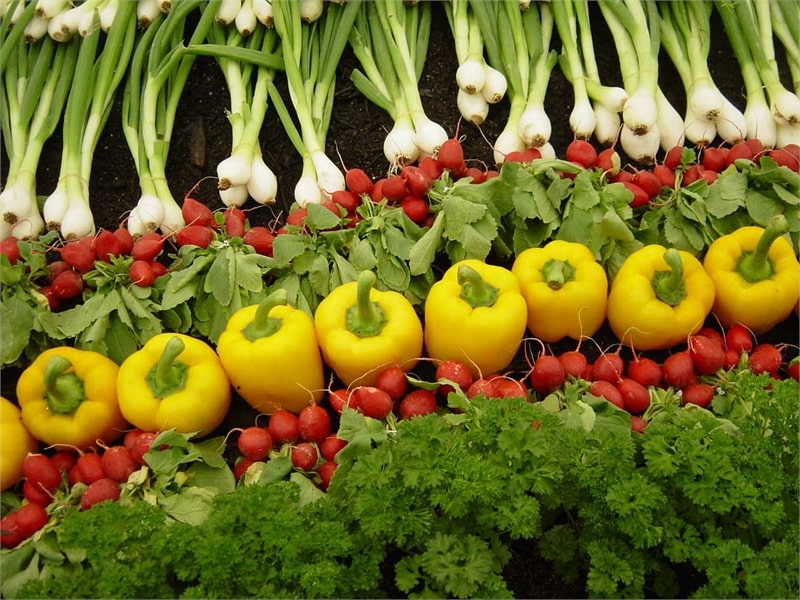The local organic food market has been slow to mature, specialists and stakeholders say, keeping prices often as high as 100 per cent more expensive than conventional food products.
Almost two decades after the implementation of legislation regulating the production of organic food produce in Cyprus, supply remains low despite a rise in local production, leaving the price gap between products of conventional and organic farming much larger compared to the rest of Europe, the Cyprus news agency (CNA) reported on Saturday.
According to George Kyrris, a produce inspection officer at the department of agriculture, the number of organic produce farmers on the island reached 1,282 in 2018 compared with a mere 45 in 2002, with organic farms composing 4.5 per cent of total agricultural land.
Main organic foodstuffs produced in Cyprus are grains, olives, grapes, fruit and vegetables, Kyrris noted.
“There has been a rise in organic farming in Cyprus in recent years,” Kyrris said, “as farmers have access to economic benefits in the form of subsidies via the rural development programme, but this is not their only incentive.”
“They believe in what they do, and this shows in the results of the tests and chemical analyses we conduct,” Kyrris added.
Additionally, he noted that stores selling biological and organic food produce are also on the rise, but prices remain high.
In Europe, organic products are around 20-25 per cent more expensive than their corresponding non-organic products, but in Cyprus, the organic choice is in many cases 100 per cent more expensive.
“The reason for this is a limited supply,” Kyrris explained. “There is imported [organic produce] but they are still unable to reduce prices. Our [organic] market has yet to mature.”
Kyrris said he expects that the market will mature at some point and drive prices down, but said this still appears well into the future.
According to the Cyprus organic farmers association, organic foods prices fluctuate seasonally and depend on supply levels, with shortages usually arising in the local production of fresh vegetables.
“Due to plot sizes, which are very small compared to sizes in other countries, there can be no economies of scale and in combination with low demand for organic products the producer cannot focus on cultivating few varieties in large quantities,” Charis Christoforou from the association said.
Imported organic products in Cyprus represent 90 per cent of total supply, according to Stavri Spyridakes from Sana Investments, one of the largest organic wholesale and retail companies on the island.
Products are mainly imported from Greece, Germany, Italy, the Netherlands, Spain and the United Kingdom.
Spyridakes said that the rate of consumers buying organic food is between two and five per cent.
The company estimates that it will take another decade for the organic food market in Cyprus to mature.
“As years go by the number of consumers preferring organic products rises,” she said, noting that currently, the figure stands between 2-5 per cent.












